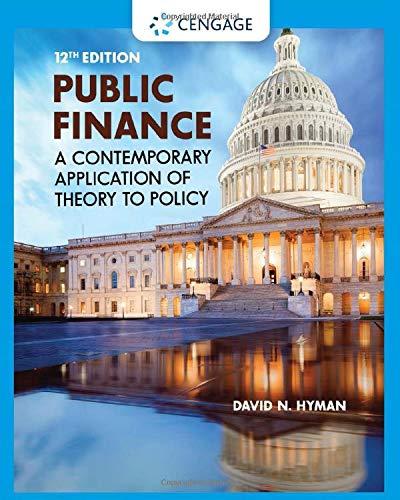Question
II Choose two or more right answers [1] ( ) transaction is deemed to be reverse remittance. A. Payment in advance B. Open account C.
II Choose two or more right answers
[1] ( ) transaction is deemed to be reverse remittance.
A. Payment in advance B. Open account
C. Documentary collection D. Documentary credit
[2] Among the following statements related to settlement methods, risks and costs, ( ) are right.
A. High-value or perishable goods normally require special payment arrangements, such as advance payment or inspection after arrival of the merchandise and before payment is made.
B. Both cost and risk increase as goods are shipped to remote locations.
C. Multinational affiliates shipping raw materials or merchandise to each other will normally do so on payment in advance terms.
D. Transactions in certain developing countries often require unconfirmed letter of credit terms.
[3] According to UCP600, the statements ( ) are right.
A. Banks deal with documents and not with goods.
B. A credit by its nature is a separate transaction from the sale contract.
C. Banks are not liable nor can they be held accountable for the acts of third parties.
D. The issuing bank shall have a maximum of five days following the day of presentation to determine if a presentation is complying.
[4] Among the following statements about drafts, ( ) are false.
A. When the transferee gets the draft in good faith and for value, his rights with relation to this draft may not be influenced by the defaults of the former party who transfers the draft to him.
B. A bill of exchange is an unconditional order to pay at sight.
C. In most cases, a draft accepted by a bank enjoys lower credit standing than a draft accepted by a company.
D. According to whether or not the shipping documents are attached, the bill of exchange can be classified as a sight bill and a time bill.
[5] According to URC522, the statements ( ) are right.
A. If the principal nominates a representative to act as case-of-need in the event of non-payment, the collection instruction should clearly and fully indicate the powers of such case-of-need. In the absence of such indication, banks can nominate the powers of such case-of-need.
B. For the purpose of giving effect to the instructions of the principal, the remitting bank will utilize the bank nominated by the principal as the collecting bank.
C. The collecting bank will be responsible for the ensuing delay as a result of an incomplete address being provided.
D. All documents sent for collection must be accompanied by a collection instruction indicating that the collection is subject to URC522 and giving complete and precise instructions.
Step by Step Solution
There are 3 Steps involved in it
Step: 1

Get Instant Access to Expert-Tailored Solutions
See step-by-step solutions with expert insights and AI powered tools for academic success
Step: 2

Step: 3

Ace Your Homework with AI
Get the answers you need in no time with our AI-driven, step-by-step assistance
Get Started


